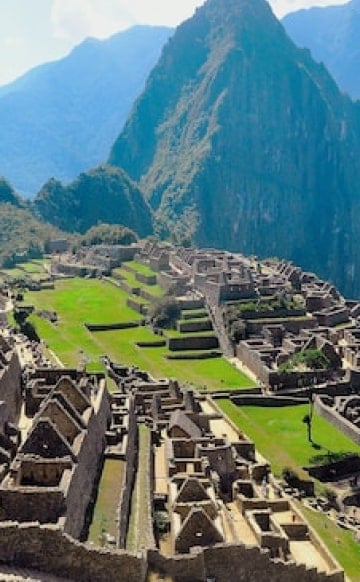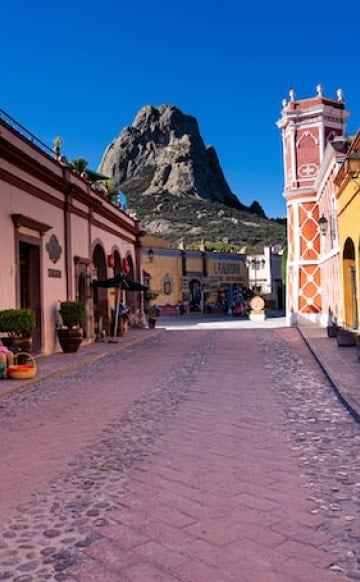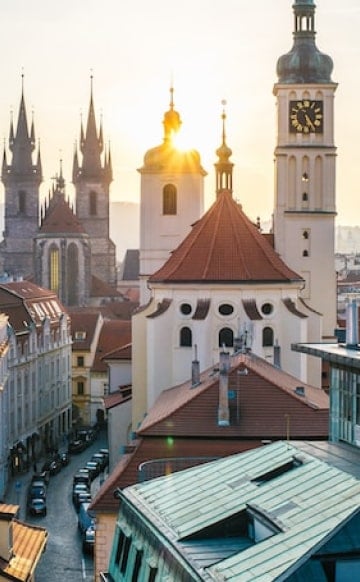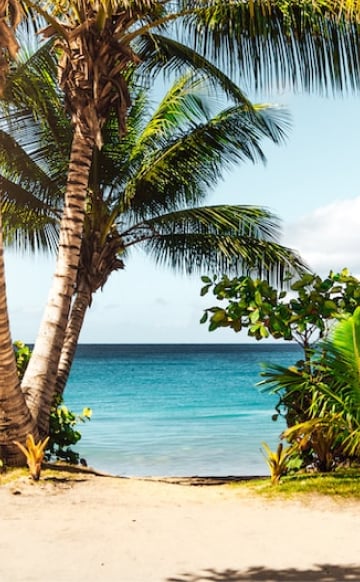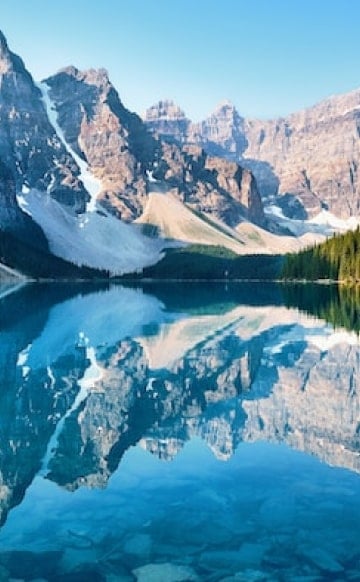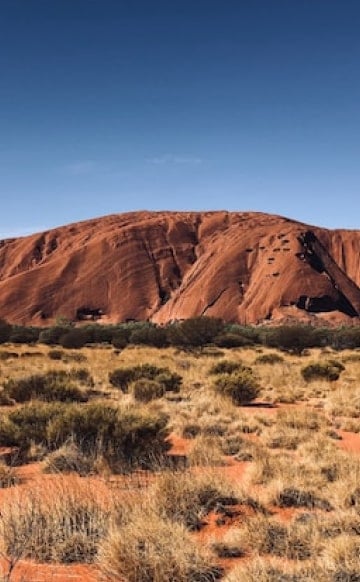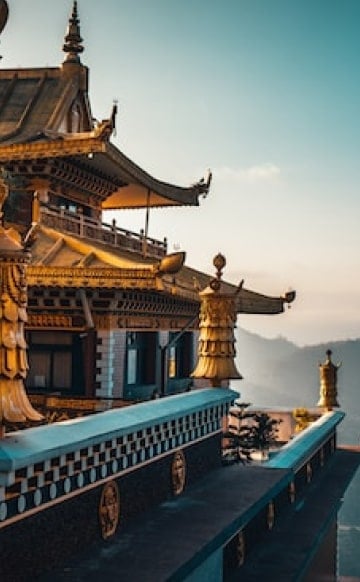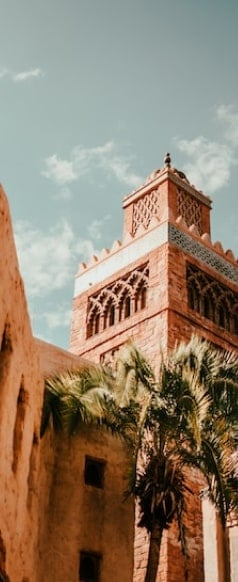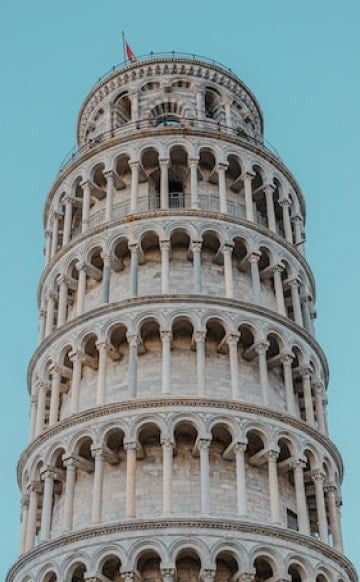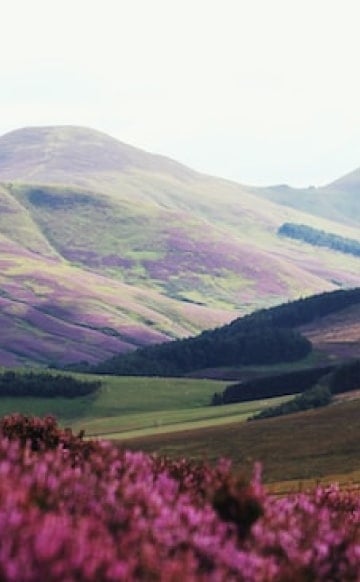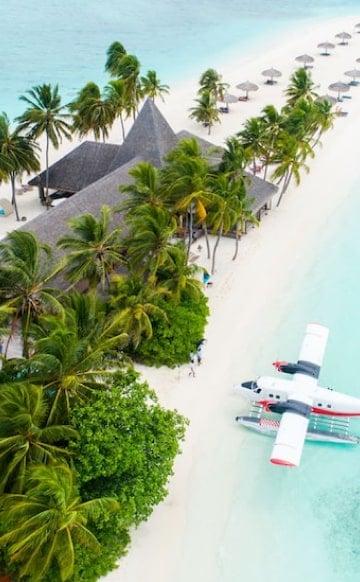More and more travelers have been discovering Argentina. It offers everything from exciting cities with thriving nightlife to charming historic villages, wine country, abundant wildlife and spectacular diverse terrain, including soaring mountain peaks and breathtaking coastlines. A vast country with so much to do, it can be hard to decide what to put on your itinerary, but these top tourist attractions are sure to be highlights on any Argentine trip.

Iguazu Falls
One of the most visited sites in Argentina, Iguazu Falls is a UNESCO Natural World Heritage Site made up of more than 250 individual waterfalls separated by small islands. Truly one of the world’s great natural wonders, the falls are surrounded by the tropical jungle of Argentina and Brazil, providing a jaw-dropping scene that makes Niagara Falls seem like a drop in the bucket. The Argentine side is the best to visit as you can get up close to the mist, or even closer by hopping on the boat ride, but beware, you’ll be drenched.

Perito Moreno Glacier
Just outside the town of El Calafate in the heart of Patagonia in Argentina’s southwest, Perito Moreno is a nearly 19-mile-long glacier and a popular tourist attraction that draws travelers from around the world. Witness massive chunks of ice that break from the glacier and crash into Lake Argentino from November through early March. The more adventurous may want to board a helicopter flight and walk across it while enjoying a bit of whiskey with natural ice cubes to warm up. It can also be viewed by taking a boat tour across the lake as well as from three on-land viewing areas.

Nahuel Huapi National Park
Parque Nacional Nahuel Huapi is a vast park in the Bariloche area of Patagonia. The ideal place to explore remote wilderness beauty, it’s filled with lakes and abundant wildlife as well as being home to a dormant volcano, Mount Tronador. A haven for hikers and nature-lovers, if you’re looking for an overnight trek there are several mountain refugios, basic cabins, that can be used along the way.

Mount Aconcagua
Mountaineers from across the globe come to climb Aconcagua, South America’s highest peak at more than 22,800 feet tall. Every year thousands make the pilgrimage to Argentina to accomplish this, and if you’re a climber, you’ll definitely want to add it to your bucket list. While it’s possible to do even for those with only a moderate level of climbing experience, it’s best done with a local guide.

Valle de la Luna/Ischigualasto Nature Reserve
Valle de la Luna, or Moon Valley, is part of the Ischigualasto Nature Reserve in Parque Provincial Ischigualasto, a large protected area home to rather unworldly-like rock formations in a diverse array of shapes containing deposits that are more than 200 million years, along with dinosaur remains. The valley is said to hold the most complete known continental fossil record from the Triassic Period. The different layers of mineral and sediment also provide a fascinating glimpse of the Earth’s evolution during this time.

Mendoza Wine Country
Argentina has become famous for its wine and Mendoza, located in the foothills of the Andes just east of Chile, is its primary main wine region. It hosts more than 1,200 wineries, nearly 400,000 acres of vineyards, and accounts for more than 70% of the country’s total wine production. While the high desert oasis gets less than 10 inches of rainfall each year, the vines can rely on the snow melt from the Andes for water. The grapes thrive under the strong high altitude sun that shines for over 300 days a year, with cool nights allowing the grapes to rest and retain the acids that are vital to the wine. Tour and taste and top wineries, like Zuccardi, Dolium, Domaine St. Diego and Bodega Vistalba.

Puerto Madryn
The small town of Puerto Madryn is famous for its arctic wildlife, especially penguins and whales. One of the best spots in the world to watch these animals, it’s located in the Patagonian region near the Valdes Peninsula. From June through December, southern right whales and orca whales can be spotted, sometimes as close as 20 feet from shore. At Playa la Vicera, a beach of polished pebbles and violet abalone shells giving way to an expanse of caramel-colored sands, visitors can ogle at the adorable black and white seabirds and watch elephant seals and sea lions too.

Recoleta Cemetery, Buenos Aires
Argentina’s bustling capital city Buenos Aires offers lots to see and do, but one of its most popular attractions is Recoleta Cemetery. While that might sound like a bizarre tourist attraction, it dates back to the early 18th century and contains nearly 5,000 vaults. Architectural features abound, with countless statues, Doric columns and mausoleums, but what makes it especially interesting are the names of those who are laid to rest here. The tombs include those of Eva Peron, Armando Bo, José Figueroa Alcorta and virtually every Argentinian of political or cultural note from the past two centuries.

Tango, Buenos Aires
Everywhere you go in Buenos Aires you’ll find someone performing the tango on the street. The music plays while crowds gather and dancers put on an impromptu show in their full dance regalia. Watching is sure to be one of the highlights of your time in Argentina.

Tigre
Just north of the capital city, Tigre serves as a hub for the surrounding delta, one of the biggest deltas in the world, formed by more than 5000 islands. While it’s just a short distance from Buenos Aires, it offers a totally different experience as a water community with no roads. Visitors can explore a fabulous traditional market selling crafts like leather goods, baskets and wicker furniture made by local artisans, and visit an extensive museum, but the top thing to do is to head out on the river delta in a boat. There are a variety of options, from local water taxis to guided tours. You’ll see traditional floating homes and services like a supermarket and firemen, and you’ll also have the chance to purchase items from floating vendors who ply their trade right in the river.

